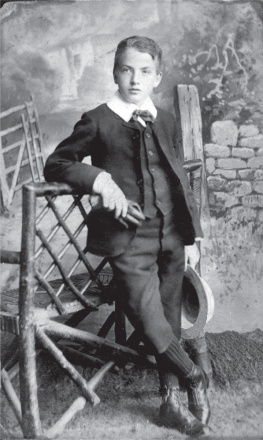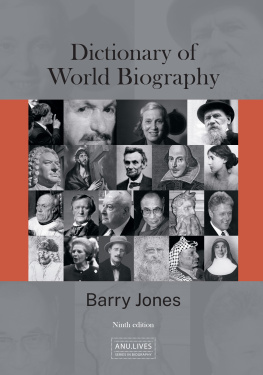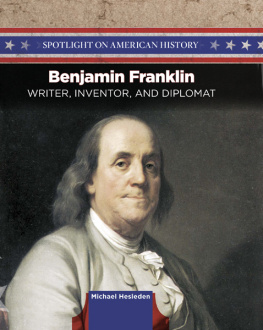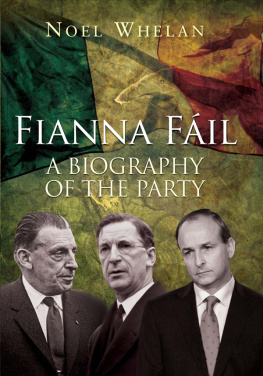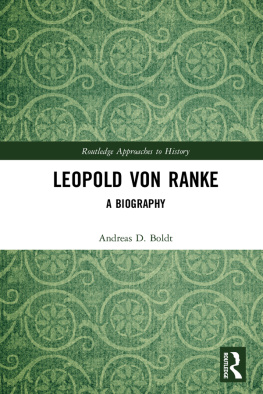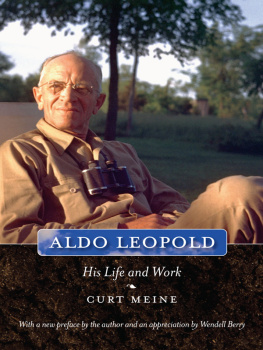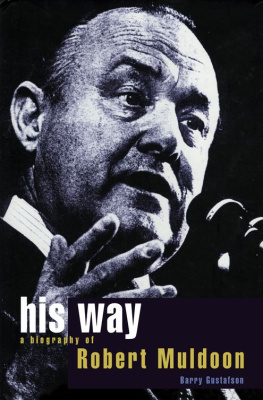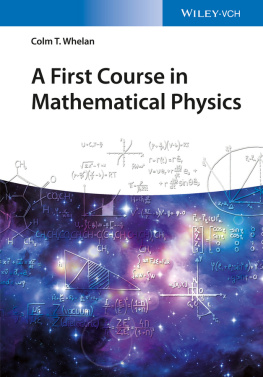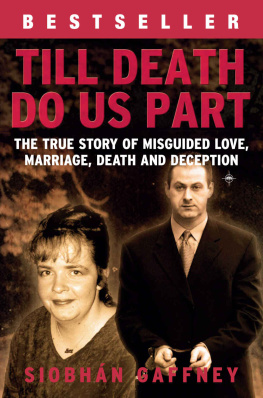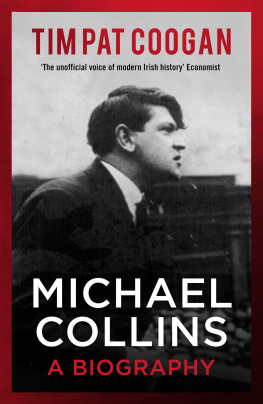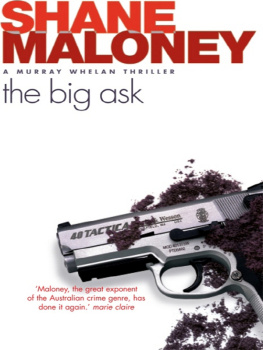BARRY WHELAN
Irelands Revolutionary
Diplomat
A Biography of Leopold Kerney
UNIVERSITY OF NOTRE DAME PRESS
NOTRE DAME, INDIANA
University of Notre Dame Press
Notre Dame, Indiana 46556
undpress.nd.edu
Copyright 2019 by the University of Notre Dame
All Rights Reserved
Published in the United States of America
Library of Congress Cataloging-in-Publication Data
Names: Whelan, Barry, 1984 author.
Title: Irelands revolutionary diplomat : a biography of Leopold Kerney / Barry Whelan.
Description: Notre Dame, Indiana : University of Notre Dame Press, [2019] | Includes bibliographical references and index. |
Identifiers: LCCN 2019002014 (print) | LCCN 2019005070 (ebook) | ISBN 9780268105075 (pdf) | ISBN 9780268105082 (epub) | ISBN 9780268105051 (hardback : alk. paper) | ISBN 0268105057 (hardback : alk. paper) | ISBN 9780268105068 (pbk. : alk. paper) | ISBN 0268105065 (pbk. : alk. paper)
Subjects: LCSH: Kerney, Leopold, 18811962. | Kerney, Leopold, 18811962Political and social views. | AmbassadorsIrelandBiography. | RevolutionariesIrelandBiography. | IrelandForeign relations1922 | IrelandForeign relationsEurope. | EuropeForeign relationsIreland. | EuropePolitics and government19181945. | EuropeHistory, Military20th century.
Classification: LCC DA965.K47 (ebook) | LCC DA965.K47 W54 2019 (print) | DDC 327.4170092 [B]dc23
LC record available at https://lccn.loc.gov/2019002014
This paper meets the requirements of ANSI/NISO Z39.48-1992
(Permanence of Paper).
This e-Book was converted from the original source file by a third-party vendor. Readers who notice any formatting, textual, or readability issues are encouraged to contact the publisher at
CONTENTS
ABBREVIATIONS
| AGA | Archivo General de Administracin |
| AMAE | Archivo del Ministerio de Asuntos Exteriores |
| BMH | Bureau of Military History |
| BNAK | British National Archives, Kew |
| CID | Criminal Investigation Department |
| CPIA | Communist Party of Ireland Archive |
| CPGB | Communist Party of Great Britain |
| C3 | Garda crime and security branch |
| DCLA | Dublin City Public Library and Archives |
| DD | Dil ireann Debates |
| DFA | Department of Foreign Affairs |
| DGS | Direccin General de Seguridad |
| DT | Department of the Taoiseach |
| FF | Fianna Fil |
| FS | Free State |
| GAA | Gaelic Athletic Association |
| G2 | Irish army intelligence |
| IAC | International Agricultural Confederation |
| IBA | International Brigade Association |
| IPP | Irish Parliamentary Party |
| IRA | Irish Republican Army |
| IRB | Irish Republican Brotherhood |
| IRCS | Irish Red Cross Society |
| KO | Kriegsorganisationen |
| LKPA | Leopold Kerney Private Archive |
| MAI | Military Archives of Ireland |
| MI5 | British Security Service |
| MI6 | also known as SIS (Secret Intelligence Service) |
| NAI | National Archives of Ireland |
| NCO | noncommissioned officer |
| NLI | National Library of Ireland |
| RDS | Royal Dublin Society |
| RUC | Royal Ulster Constabulary |
| SOE | Special Operations Executive |
| TCD | Trinity College Dublin |
| UCD | University College Dublin |
| UCDA | University College Dublin Archives |
INTRODUCTION
The primary aim of this book is to provide, for the first time, a complete biography of the life and times of Leopold Kerney. The study begins with Kerneys childhood and charts the early influences on his life that shaped his political creed and republicanism. His ideology as a republican and economic nationalist is followed throughout the course of the investigation of his career in various overseas missions in France, Spain, and Argentina in the 1920s, 1930s, and 1940s. By the time Kerney became an adult, and shaped by his republican philosophy, he was committed to the cause of Irish independence despite a background, education, and social class that had tied him to an Anglicized identity. The reasons behind his rejection of a privileged education at Trinity College Dublin (TCD), his conversion from Protestantism to Catholicism, and his acceptance into the republican movement are all examined. Kerney, like many of the revolutionary generation, came to define himself as anti-British, and this theme is traced throughout the book. Kerney maintained this characteristic through most of his career, but by the end of World War II his hostility toward Britain had mellowed considerably. By the time he led a mission to South America it is clear that he was embarrassed by the anti-British attitude of the Irish diaspora in Argentina, a trait he had rejected by then.
Kerneys early adolescent interest in economics was formed by observation and readings, particularly from works by the nationalist writer John Mitchel. When Kerney joined the nascent diplomatic service in 1919, he found in Arthur Griffith a shared viewpoint on how economics formed a key tenet of Irish foreign policythat establishing direct trade with other countries fosters stronger bilateral ties while asserting national independence from Britain. In France Kerney set about implementing this economic vision. Initiating trade deals and agreements was undoubtedly his strongest skill set. This core element of his philosophy is followed from his time in Paris during the War of Independence, on the continent during the Anglo-Irish Economic War, and in Spain from prior to the outbreak of the Spanish Civil War up to the mission to South America in 1947.
A major research finding and central theme that runs throughout this investigation is the close and friendly lifelong relationship that Kerney maintained with amon de Valera (called Dev or the Chief by his political followers). The book traces the origins of their comradeship during the fallout from the Anglo-Irish Treaty. De Valeras republican and constitutional vision for Ireland came to encapsulate for Kerney the true national path, and he stayed loyal to de Valera throughout the Irish Civil War, during the Sinn Fin split, after the creation of Fianna Fil in 1926, and during the wilderness years when Kerney found himself in the cold politically. Letters and correspondence between the men throughout the 1920s help illustrate their closeness. After de Valera was elected to government office in 1932 as president of the executive council, he moved to reinstate Kerney into the service. The book traces the multiple times de Valera intervened personally in Kerneys favor and how, despite reproaches from within the civil service, from serving ministers and the director of Irish army intelligence (G2), de Valera maintained his confidence in Kerneys ability as a loyal, trustworthy, and competent official and colleague throughout his lifetime. Although Kerneys time in Spain created a natural distance between the men, the study goes on to highlight de Valeras continued faith in his republican stalwart, which is demonstrated by his request for Kerney to stay on in the service beyond retirement and the Taoiseachs recommendation that Kerney leave retirement to head the political, diplomatic, and economic mission to Argentina in 1947. Through analyzing this close friendship, this book aims to rebut contentions that Kerney was incompetent and unsuited to heading a diplomatic mission.

